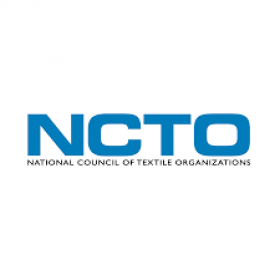Project and technology study: Trends and Design Factors for Hydrogen Pressure Vessels
Die AZL Aachen GmbH, bekannter Innovationspartner für Industriekooperationen auf dem Gebiet der Leichtbautechnologieforschung, startet eines neuen Projekts mit dem Titel "Trends und Designfaktoren für Wasserstoffdruckbehälter". Das Projekt wird Fragestellungen der Industrie in Bezug auf die Wasserstoffspeicherung adressieren.
AZL Aachen GmbH, a recognized innovator in lightweight technologies research and industry collaboration, announces the initiation of a new project titled "Trends and Design Factors for Hydrogen Pressure Vessels". The project aims to address industry needs surrounding hydrogen storage.
Hydrogen has gained significant attention as a key technological solution for decarbonization, with high pressure storage and transportation emerging as vital components. Its applications extend from stationary storage solutions to mobile pressure vessels employed in sectors such as transportation and energy systems.
The AZL team, renowned for its high reputation in providing market and technology insights as well as developing component and production concepts in the format of Joint Partner Projects seeks for companies along the whole composite value chain interested in further developing their application know how in this economically highly relevant field.
The project will provide an in depth exploration of market insights, regulatory standards, and intellectual property landscapes. Beyond this, there is a dedicated focus on staying updated with state of the art and advancements in design, materials, and man ufacturing techniques.
An integral component of the project involves the creation of reference designs by AZL´s engineering team. The reference designs will encompass a variety of pressure vessel configurations and will consider a diverse range of materials and production concep ts.
With the scheduled project start in October 2023, and a project timeline of approximately nine months, AZL encourages companies active across the composite value chain to participate. Companies interested in participating or seeking further information should reach out directly to the AZL expert team.
Aachener Zentrum für integrativen Leichtbau












